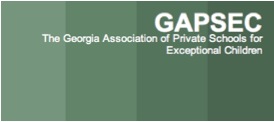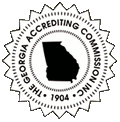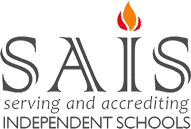Upper School
Our Upper School program is made up of students who are on a developmental level between third and eighth grade. This program includes similar individualized academic, social, emotional, and therapeutic attention as our Lower School. However, Upper School students are pushed to be more independent and learn the skills needed to succeed socially and academically within a larger setting to prepare them for the next step in their journeys.
In Upper School, students have a maximum 8:1 student:teacher ratio for core academic classes; this ratio can go up during homeroom or secondary classes. Students rotate to different rooms/teachers for their morning academic groups which include Reading Comprehension, Wilson Decoding/Encoding, Math, Writing, and Language Enrichment. Science, and Social Studies are taught in larger groups in the afternoon. Social Emotional Learning/Character Education is discussed each morning and touched on throughout the day. Upper School students also receive group Speech Therapy, Occupational Therapy, Music Therapy, Art, Physical Education daily, Sign Language once a week, and daily recess (all Upper School homerooms combine). Students in Upper School continue to use The Zones of Regulation and Social Thinking programs to develop self-regulation and social emotional skills. Guest speakers come speak to our Upper School students as part of our Career Education program and to supplement things they are learning in class. Students also go on at least one field trip per year to supplement what they are learning in school.
Upper School students have study hall once a week. During this time, they are allowed to visit any teacher in order to get clarification and work on their homework or study for upcoming tests. They will also bring some of their homework home in order to develop the responsibility and executive functioning skills needed to succeed in future schools and jobs.






